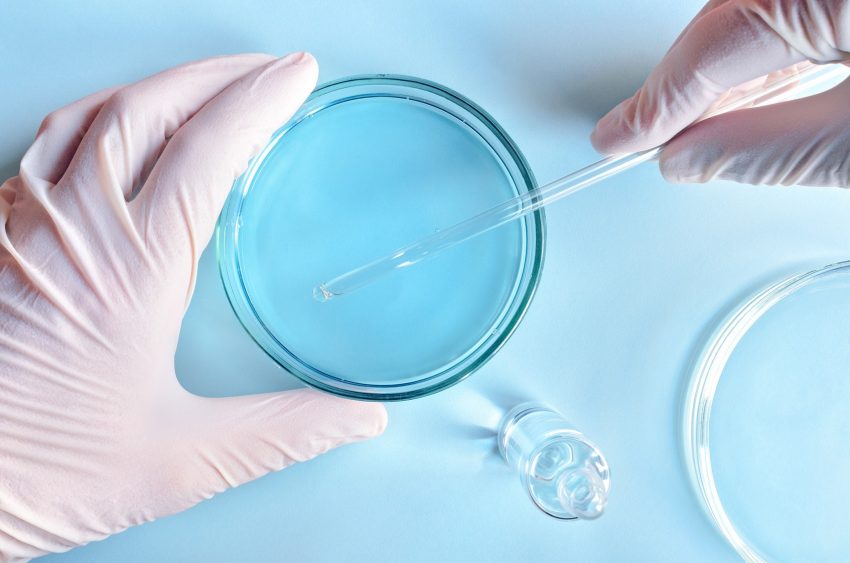
All About Albumin
Posted By admin / 18th May, 2017
Albumin performs many important functions in the biochemical industry, but what exactly is Albumin, and what are those essential functions? Here’s what you need to know about its uses and properties.
It starts with blood, through a very classic process in which we spin down the blood to separate components like the platelets and blood cells from the proteins. Once the albumin protein is isolated, we can customize it in a manner that provides us with one of our formulations in either liquid or lyophilized formats.
Albumin is used for a variety of applications, but some you may be most familiar with would be in blood banking, cell culture, diagnostic, cosmetics, and many other applications.
Albumin is used in blood banking to enhance antigen/antibody interactions as a control for blood typing as this results in an increase in speed and sensitivity of detection.
It is added to cell culture media as a supplement to increase the growth and productivity of cells and increase overall cell health. Albumin carries and delivers important nutrients to cells. It binds toxins to avoid toxic effects, binds excessive proteins to act as a buffer and binds hormones and growth peptides to keep them stable. Albumin also binds free radicals to reduce damage to cells.
Albumin is used in diagnostics as a common blocking agent because of its binding properties. It can greatly reduce contamination binding that can interfere in common molecular biology assays. It is also used as a blocking agent in many other clinical applications including diagnostic procedures, medical devices and surgical stents.
It is used in cosmetics in serums or creams as an anti-wrinkle component that produces a tightening effect on the skin.
Albumin is used in many implantable biomaterials, surgical adhesives and surgical sealants due to its ability to coagulate. Its conjugation seals and binds in a way that few other biomaterials can. Albumin is also used in drug delivery to transport pharmaceutical drugs like antibiotics and anti-inflammatories. It is also frequently used as an excipient in pharmaceuticals because of its ability to stabilize other proteins in solution.
It is also used in immunochemistry, as tissue sections can be incubated with albumin blockers. In immunochemistry, researchers use antibodies to identify antigens in cells, and they need those antibodies to bind with the desired antigens. The albumin binds to nonspecific binding sites, increasing the chance that the antibodies that researchers are interested in will only bind to the antigens that they want them to.
As you may expect based on the multitude of uses for albumin, labs and manufacturers require very specific formulations to fit their needs. At Boval, we have over 30 custom formulations in both lyophilized and liquid states. Our lyophilized products can be provided in specific formulations. Protease free, essentially fatty acid free and low endotoxin concentration formulations are standard products for us. All products are aseptically processed for rapid reconstitution. Our liquid products are available in 10%, 20%, and 30% standard grades and are available either preserved or unpreserved. Additionally, our liquid products can be polymer enhanced based on activity requirements.
We also have an even greater degree of customization available for our customers in that our process and expertize gives us the flexibility to make modifications to meet practically any specifications that our customers require when it comes to their albumin needs. We understand that one formulation won’t work for everyone and that each customer is unique. This is why we tailor our approach and our products to satisfy our different customers’ specific needs.
If you’re interested in learning more about how Boval can meet and exceed your albumin needs, then call us today. We have some of the most knowledgeable staff in the industry, with 39 years of experience manufacturing albumin, so we’ll help answer any questions you may have.


